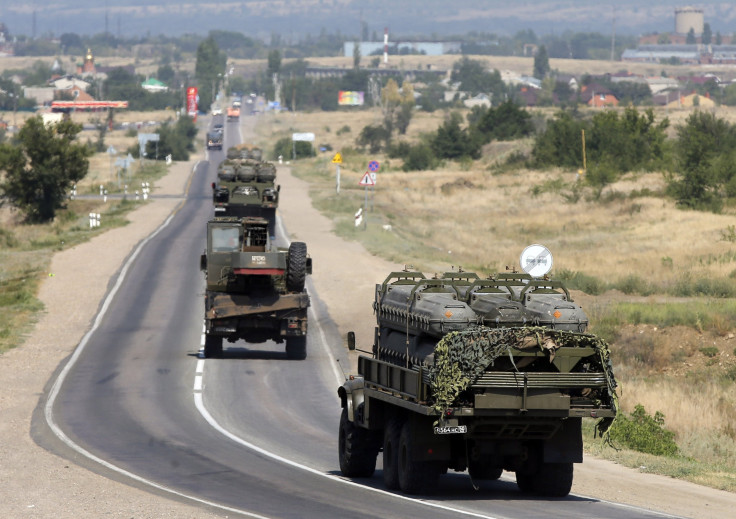Russia’s Ballistic Missile Interceptors Outnumber Those Of US: Official

Russia has 24 more ballistic missile interceptors than the United States, according to a senior U.S. arms control official, who said that Russia’s concerns regarding its missile defense system are baseless.
The latest claim by the U.S. official follows Russia’s announcement last week that the country’s army will modernize 70 percent of its arsenal by 2020. Russia is also expected to build the first air-launched hypersonic missiles over the next six years.
“We [the United States] are not concerned about the impact to strategic stability of Russia's deployment of 68 interceptors at the Moscow Anti-Ballistic Missile (ABM) system,” Sputnik quoted Rose Gottemoeller, Under Secretary for Arms Control and International Security, as saying on Tuesday. “Sixty eight deployed interceptors is 24 more than the United States even has plans to deploy.”
According to Gottemoeller, the U.S. currently has 30 ballistic missile interceptors deployed in Alaska, and the country plans to position another 14 interceptors in the region soon. Other than the missile interceptors, the U.S. and its NATO allies have several other land- and sea-based ballistic missile defense systems.
Under its missile defense system, the intergovernmental military alliance is planning to deploy more radars and interceptors in various NATO countries, such as Romania, Turkey, Spain and Poland, Sputnik reported.
Earlier this month, the U.S. successfully tested the Aegis Ballistic Missile Defense (BMD) system over the Pacific Ocean. The U.S. Missile Defense Agency said in a statement at the time that the test confirmed a new upgrade of the Aegis missile defense system developed by Lockheed Martin, and two other missiles built by Raytheon Missile Systems, a major American defense contractor.
The test followed a series of Russian exercises in which the navy’s Yuri Dolgoruky nuclear submarine test-fired a Bulava missile from an underwater position in the Barents Sea last week, while a submerged Northern Fleet nuclear submarine test-fired an intercontinental Sineva missile.
© Copyright IBTimes 2024. All rights reserved.






















